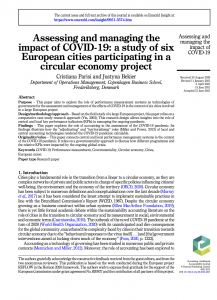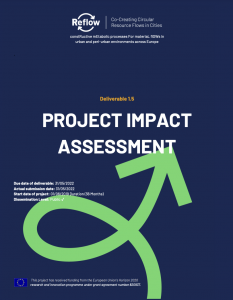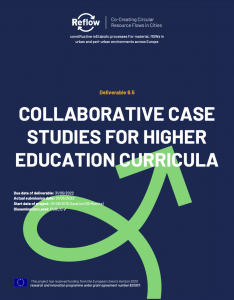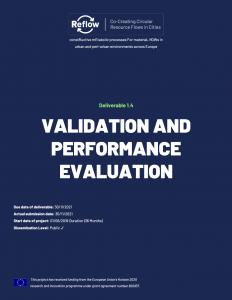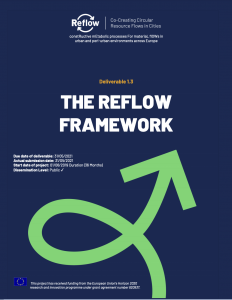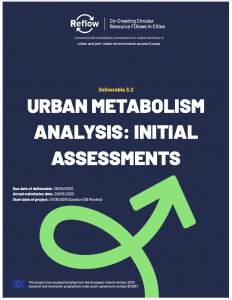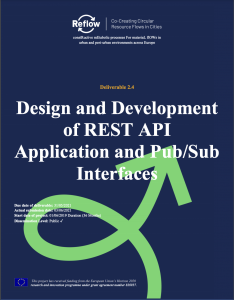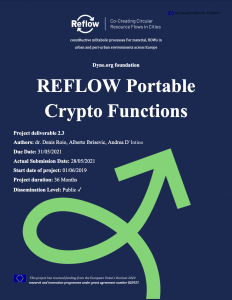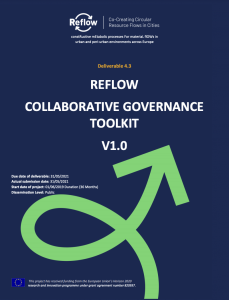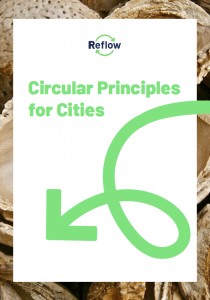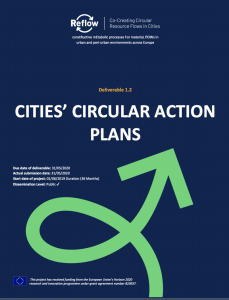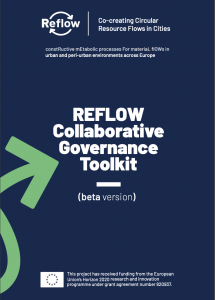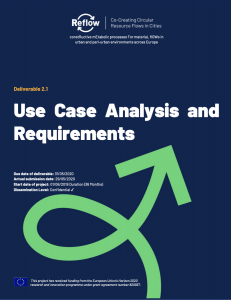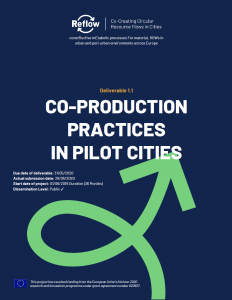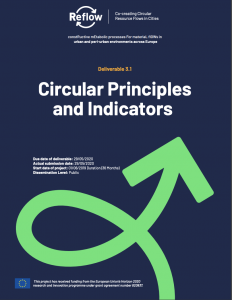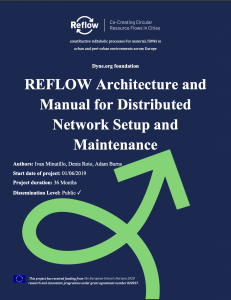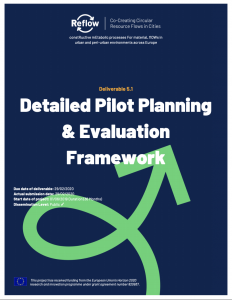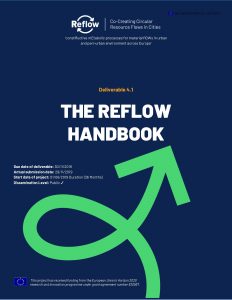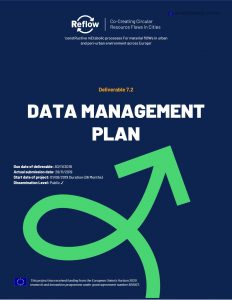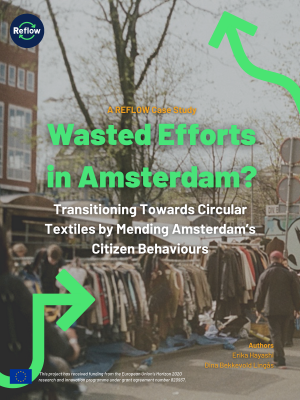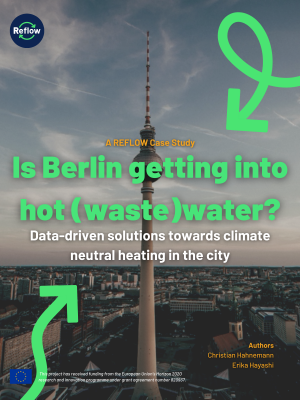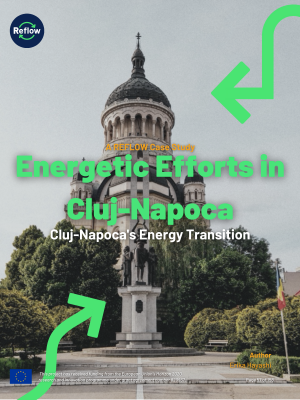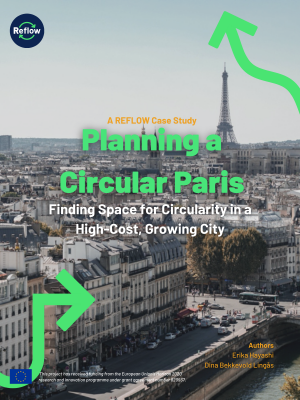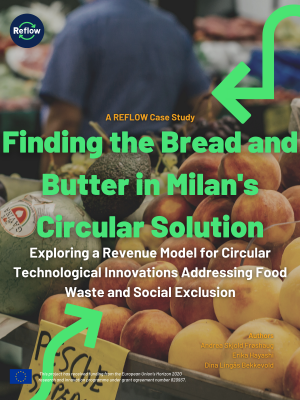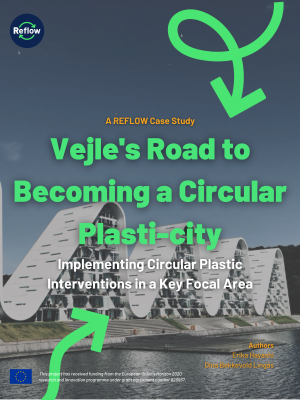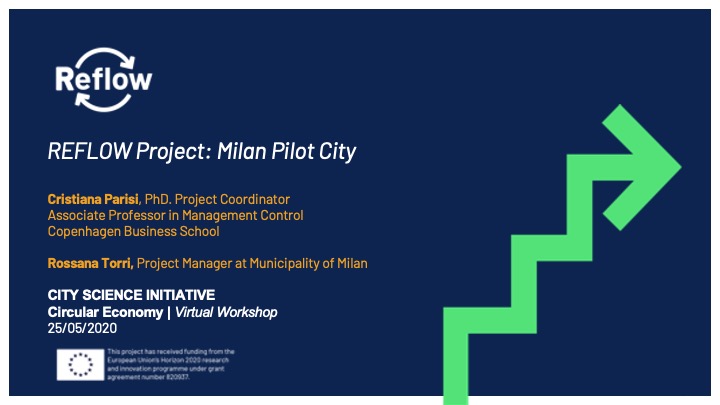Purpose
This paper aims to explore the role of performance measurement systems as systems of technologies of government for the assessment and management of the effects of COVID-19 in the context of six cities involved in a large European project.
Design/methodology/approach
Based on the field study of a large European project, this paper relies on a comparative case study research approach. This research design allows insights into the role of central and local key performance indicators (KPIs) in managing the ongoing pandemic.
Findings
This paper explores the role of accounting in the assessment of the COVID-19 pandemic. Its findings illustrate how the “adjudicating” and “territorialising” roles of local and central accounting technologies rendered the COVID-19 calculable.
Originality/value
This paper connects central and local performance management systems in the context of the COVID-19 pandemic. It relies on a governmentality approach to discuss how different programmes and the relative KPIs were impacted by the ongoing global crisis.
Parisi, C., & Bekier, J. (2021). Assessing and managing the impact of COVID-19: a study of six European cities participating in a circular economy project. Accounting, Auditing & Accountability Journal, ahead-of-print(ahead-of-print). https://doi.org/10.1108/AAAJ-08-2020-4837

